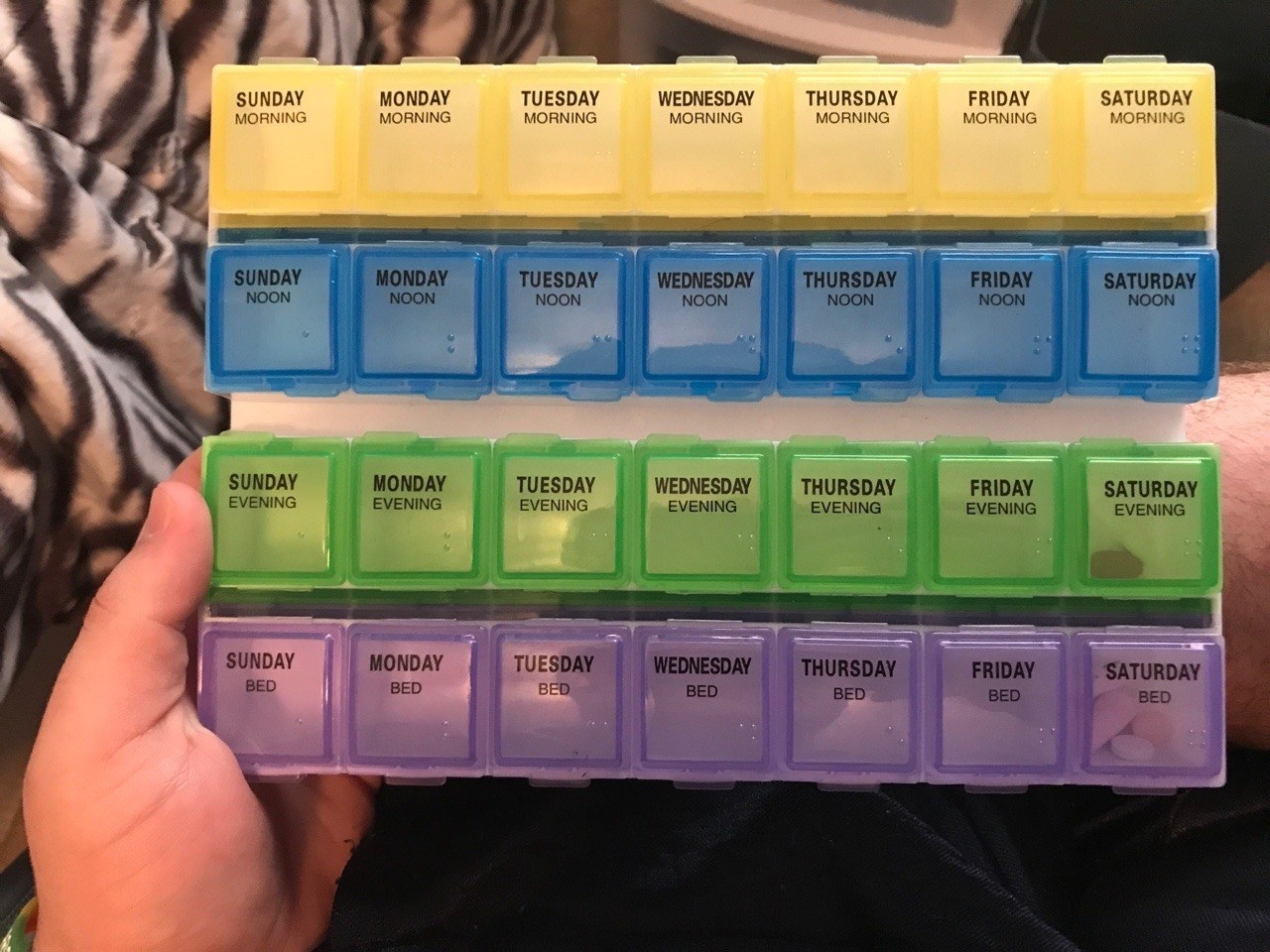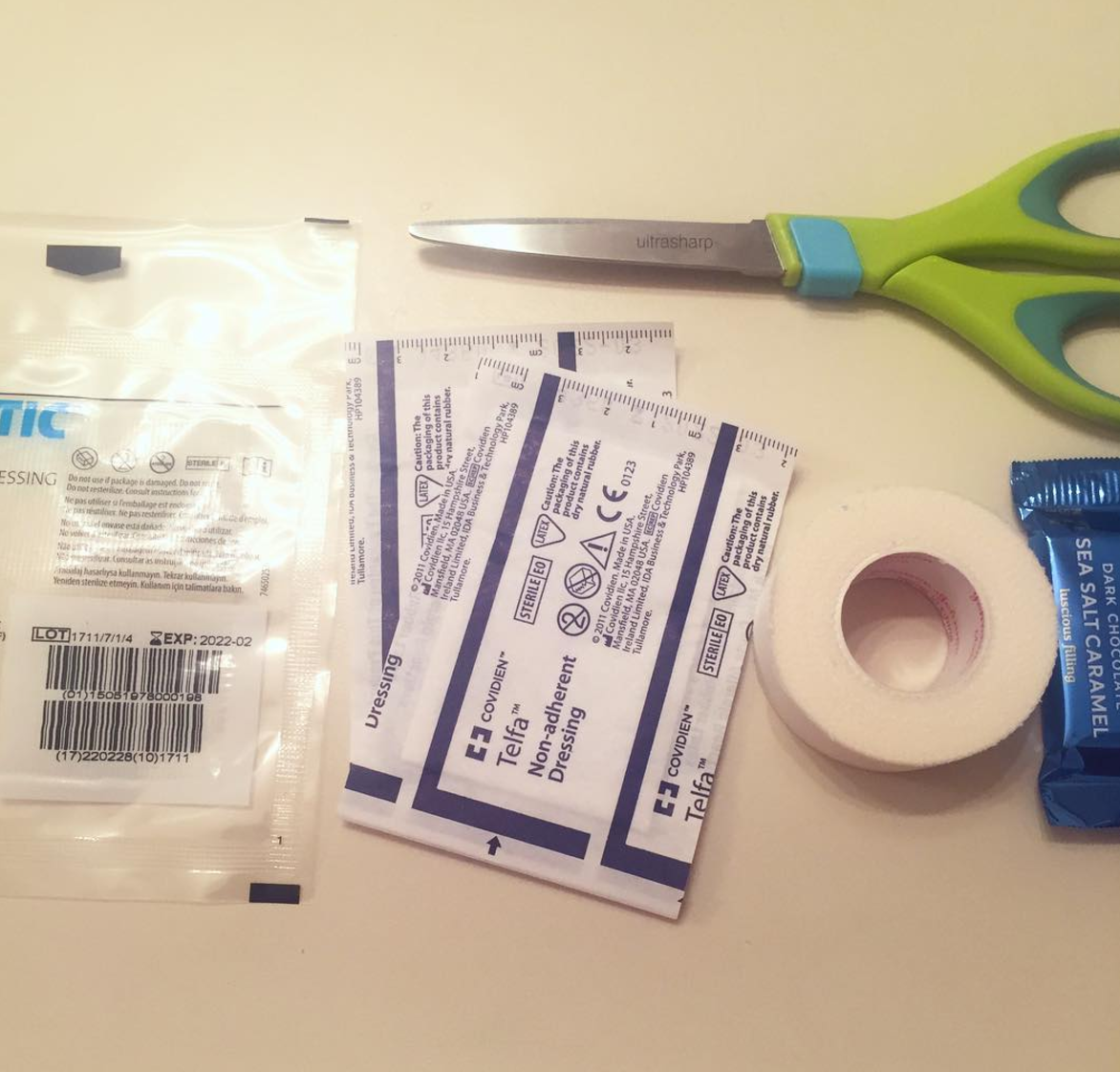For many trans or gender-nonconforming people, top surgery is a significant milestone on the road to living life as one's authentic self. But, like any other major surgery, it can be overwhelming knowing where to start and what to expect.

1. First things first, you need to find a doctor. You shouldn't feel guilty for shopping around — find a practice and surgeon with experience performing gender-affirming surgeries.
2. Know that you will (most likely) need a letter of support from a therapist or mental health provider.
3. Figure out exactly how much your insurance will cover, down to the dollar, so you can plan accordingly.

4. Take even the smallest steps to save up for the costs.

5. Any health problems you may have, including high blood pressure or diabetes, should be under control well before your surgery date. Basically, try to be in tip-top shape!
6. And if you smoke? Now is the perfect time to quit.
7. Keep a journal to track the journey, or take photos to document the entire process and see how far you've come!

8. Feeling nervous? That's OK. Talk to a friend (IRL or in an online community) or a therapist, if possible, about what's going on.
9. If you can, reach out and learn from people who have already been through this.


"I read other peoples' blogs about their top-surgery experiences! It soothed any worries and reaffirmed my decision to get top-surgery." —Logan, 27, Trans
"I spoke to a therapist for a while, but I found connecting with other transguys/people who have had this type of surgery was really helpful as well. They could help with specific fears/questions/etc in the lead up to the day." —Isaac, 22, Trans
10. Make a detailed list of things to bring with you to the hospital, as well as things you'll need when you get back home.

11. Plan out easy-to-fix meals ahead of time, because during the first days of recovery you'll pretty much be stuck in bed.

12. Speaking of your bed, make it the comfiest it has ever been.
13. Make sure you have at least one person you can count on during the recovery process to help you change your drains, reach things on high shelves, and yes, go to the bathroom.
14. Embrace your inner type A and follow your surgeon's specific instructions carefully.

15. Take your recovery (deep breath) one day at a time.

16. Prepare and manage your expectations before you take off the bandages for the very first time.
17. And don't compare your progress to anyone else's — because every situation is different.

18. Some people might experience a feeling of loss or depression after surgery, but it's not necessarily a feeling of regret.

19. Remember that having surgery is not necessarily a "quick fix" for feelings of dysphoria.

20. And, of course, remember to celebrate!
Need more reading? Here are some links to get you started.
The Philadelphia Center for Transgender Surgery: Great resource with some before-and-after photos of real surgery patients.
USCF Transgender Care — A good resource for understanding the different surgical techniques, complete with a downloadable patient checklist!
World Professional Association for Transgender Health Standards of Care: Standards of care for trans patients based on the best available science and expert professional consensus.
The Mazzoni Center, Callen-Lorde Community Health Center, and other LGBT centers in your own area.
